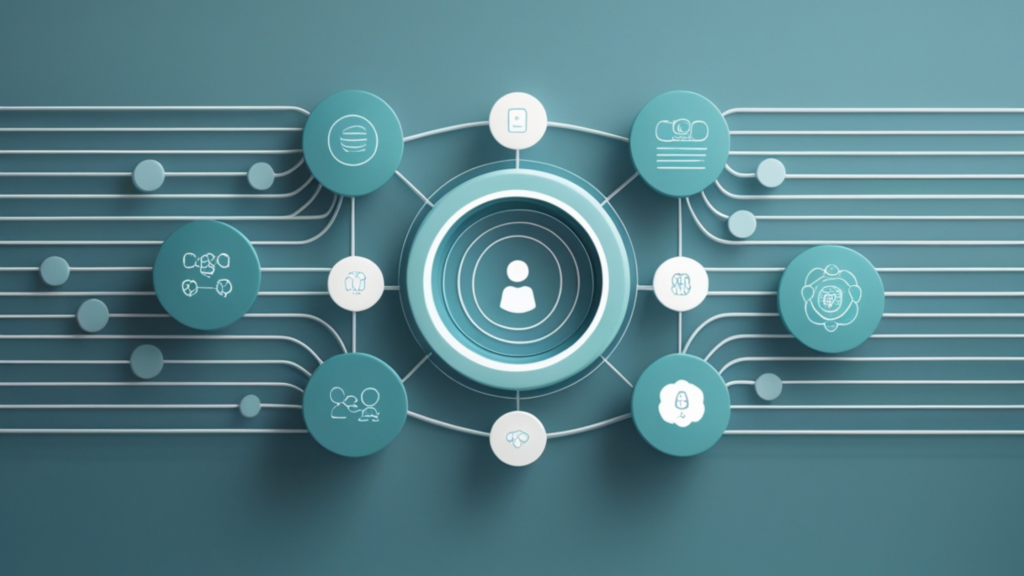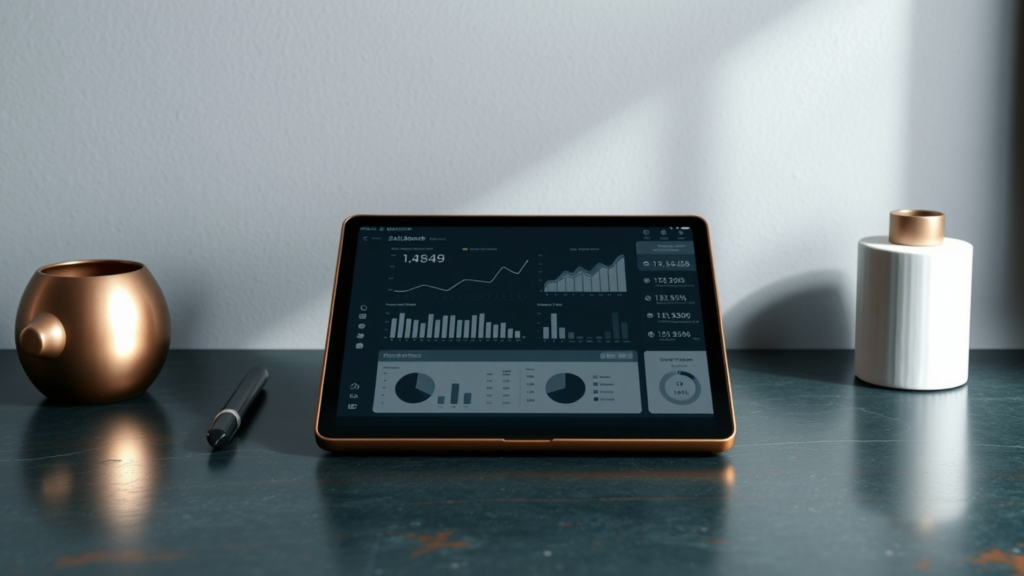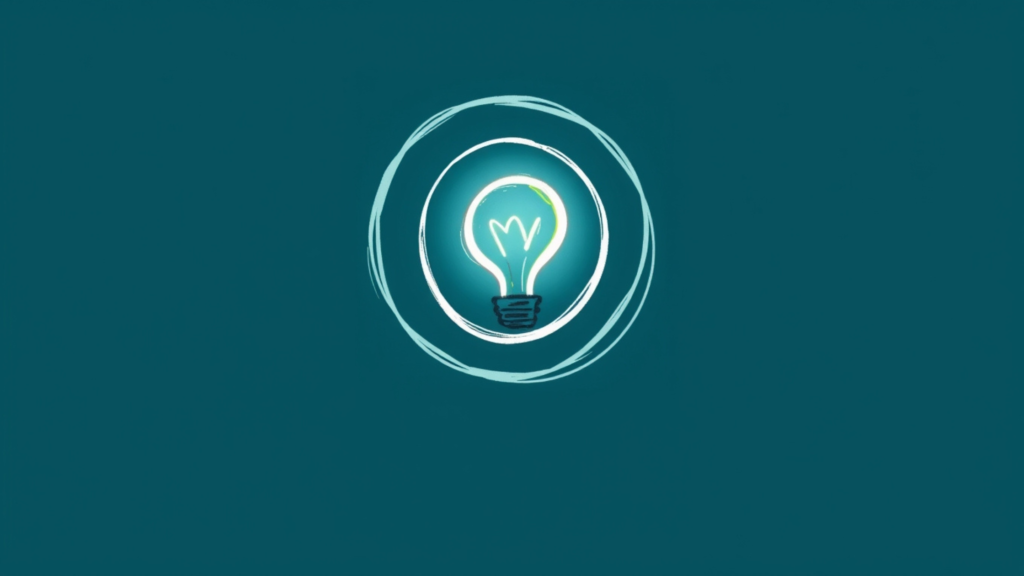2025 Guide to B2B Sales Automation: Boost Efficiency and Revenue

In today’s fast-paced business environment, B2B sales automation has become a critical tool for companies striving to enhance efficiency and increase revenue.
This innovative approach not only simplifies complex sales processes but also equips businesses with the necessary strategies and tools to excel in a competitive marketplace.
This guide offers an in-depth look at the fundamental aspects of B2B sales automation, revealing its benefits, best practices for implementation, and the significant impact it can have on your business.
Understanding B2B Sales Automation

What is B2B Sales Automation?
B2B Sales Automation involves utilizing technologies and software to automate complex sales processes. This transition from manual operations to automated systems allows companies to focus more on strategic activities rather than routine tasks, enhancing the efficiency and accuracy of sales operations and making them faster and less prone to error.
Benefits of Automating Your Sales Process
- Increased Efficiency: Automation significantly reduces the time spent on repetitive tasks, allowing sales teams to concentrate on engaging with prospects and closing deals.
- Improved Accuracy: By minimizing human errors in data entry and management, automation ensures higher data integrity and reliability.
- Enhanced Scalability: Automation enables businesses to smoothly scale their operations to handle increased demand without sacrificing performance or quality.
Key Technologies Driving B2B Sales Automation

The Role of AI and Machine Learning
AI and ML are revolutionizing B2B sales automation by analyzing extensive customer data to predict buying behaviors and preferences, providing sales teams with crucial insights for better decision-making. Effective integration of these technologies has led to significant improvements in customer engagement and lead conversion rates.
Advancements in Data Analytics Tools
The role of advanced data analytics tools in 2025 extends beyond traditional data interpretation. These tools provide actionable insights that help businesses stay ahead of market trends and better understand their customer bases. Utilizing these tools is crucial for any company aiming to maintain a competitive advantage.
Implementing B2B Sales Automation

Choosing the Right Tools
Selecting the right tools is critical to the success of your sales automation efforts. Key factors to consider include:
- Cost: Evaluate both the upfront investment and the potential long-term benefits.
- Scalability: Ensure that the tools can grow with your business needs.
- Features: Choose tools that best fit your specific requirements.
Top Recommended Tools:
- HubSpot Sales Hub: Renowned for its user-friendly interface and extensive features like email tracking and pipeline management.
- Salesforce Sales Cloud: Known for its robust customization options and seamless integration capabilities.
- Pipedrive: Praised for its intuitive design that helps visualize sales processes and improve team collaboration.
Integration with Existing CRM Systems
Successfully integrating new automation tools with existing CRM systems is crucial for enhancing operational coherence and data accessibility. Effective integration involves:
- Assessing your current technological infrastructure.
- Choosing tools that complement and seamlessly integrate with your existing CRM.
- Thoroughly testing the integration to ensure smooth operation across systems.
In-Depth Case Studies

TechSolutions Inc.:
- Challenge: Needed to improve sales productivity with a focus on high-potential leads.
- Solution: Implemented Salesforce Automation.
- Result: Achieved a 40% increase in sales productivity by automating lead scoring and follow-up processes.
FinanceCorp LLC:
- Challenge: Sought to reduce the length of the sales cycle and enhance closing rates.
- Solution: Utilized HubSpot for full customer outreach automation.
- Result: Saw a 50% reduction in the sales cycle, significantly boosting closing rates.
Future Trends in B2B Sales Automation: What’s Beyond 2025?

As we look beyond 2025, emerging technologies are poised to revolutionize how B2B sales automation is implemented. The forefront of these advancements includes predictive analytics and augmented reality, each playing a pivotal role in shaping the future landscape of sales strategies.
- Predictive Analytics: This technology uses historical data, statistical algorithms, and machine learning to identify the likelihood of future outcomes. In B2B sales, predictive analytics can forecast customer behaviors, purchase patterns, and potential churn, allowing sales teams to proactively address and capitalize on these insights.
- Augmented Reality (AR): AR integrates digital information with the real world in real-time, enhancing the physical environment. In sales, AR can offer interactive product demonstrations and detailed visualizations, helping clients understand complex offerings. This capability makes it an invaluable tool for complex product sales and customization processes.
Overcoming Challenges in Sales Automation

Common Implementation Challenges
Implementing new technologies can pose challenges, such as aligning them with existing business processes and managing change resistance. Effective strategies to overcome these challenges include:
- Providing comprehensive training and clear demonstrations of benefits.
- Ensuring early wins to build momentum and support for the automation initiative.
Ethical Considerations and Data Privacy

Upholding Data Privacy and Ethical Standards
In an era where data-driven strategies are paramount, maintaining ethical standards and ensuring data privacy are crucial. Practices such as adhering to GDPR and implementing robust data security measures are essential for building trust and maintaining long-term customer relationships.
Conclusion
Embracing B2B sales automation offers significant opportunities for businesses to enhance operational efficiency and drive revenue growth. With a deep understanding of relevant technologies and strategic implementation practices, companies are well-positioned to navigate the complexities of modern sales environments and achieve lasting success.
This enhanced guide provides a deeper exploration into each aspect of B2B sales automation, enriched with detailed case studies and specific tool recommendations, ensuring a comprehensive resource for businesses aiming to leverage the latest in sales automation technology.
Why Saletancy is Ideal for Sales and Marketing

Choosing the right partner for sales and marketing efforts is crucial. Saletancy stands out as a top choice for several reasons, all aimed at helping businesses achieve better results with less stress.
- Expert Knowledge: Saletancy’s team is well-trained in the latest sales and marketing strategies. They know what works best in various industries, helping clients succeed.
- Custom Solutions: They provide tailored solutions that fit the unique needs of each business, whether big or small. This means you get what works best for you, not just what’s available.
- Strong Client Relationships: Saletancy prioritizes building strong relationships with their clients. They listen to your needs and adjust their strategies accordingly.
- Results-Oriented Approach: Their focus is always on achieving measurable results. They help track the success of your sales and marketing activities, showing you the value they bring.
- Technology-Driven Services: Utilizing advanced technologies, Saletancy enhances your sales and marketing efforts, making them more effective and efficient.
By incorporating these key advantages, Saletancy ensures that businesses not only reach but exceed their sales and marketing goals. This makes them a reliable and effective choice for companies looking to improve their outreach and sales outcomes.
FAQ: 2025 Guide to B2B Sales Automation: Boost Efficiency and Revenue
What is B2B sales automation?
B2B sales automation involves using software and tools to automate repetitive sales tasks and processes. This allows sales teams to focus more on relationship-building and strategic activities.
How does B2B sales automation improve sales efficiency?
B2B sales automation improves efficiency by:
- Reducing time spent on manual tasks like data entry and scheduling.
- Enhancing lead management through automatic scoring and segmentation.
- Streamlining communication with features like automated emails and follow-ups.
What are the top B2B sales automation tools in 2025?
The top B2B sales automation tools include Salesforce Sales Cloud, HubSpot Sales Hub, and Pipedrive. These tools offer extensive features for automating sales processes, integrating with other systems, and scaling with business growth.
Can small businesses benefit from B2B sales automation?
Yes, small businesses can significantly benefit from B2B sales automation by:
- Reducing operational costs.
- Increasing sales team productivity.
- Improving customer relationship management.
What are the key features to look for in a sales automation tool?
Key features to consider include:
- Lead and contact management capabilities.
- Integration with existing CRM systems.
- Analytics and reporting tools.
- Customization options to fit specific business needs.
How do I integrate B2B sales automation tools with existing CRM systems?
Integration can be achieved by:
- Evaluating your current CRM’s integration capabilities.
- Choosing a sales automation tool that supports seamless integration.
- Working with IT professionals to ensure a smooth transition.
What common challenges might I face with B2B sales automation implementation?
Common challenges include:
- Resistance from sales teams accustomed to traditional methods.
- Data migration issues between systems.
- Training employees to use new tools effectively.
How can B2B sales automation impact customer relationships?
B2B sales automation can positively impact customer relationships by:
- Providing quicker responses to customer inquiries.
- Offering more personalized communication based on customer data insights.
- Ensuring consistent follow-ups and updates.
What ROI should I expect from implementing B2B sales automation?
The ROI from B2B sales automation varies but can include:
- Increased lead conversion rates.
- Higher sales productivity.
- Reduced marketing and sales costs.
Are there any data privacy concerns with B2B sales automation?
Yes, data privacy is a crucial concern. Businesses must ensure:
- Compliance with data protection laws like GDPR and CCPA.
- Secure storage and handling of customer data.
- Transparent communication with customers about how their data is used.
How will B2B sales automation evolve beyond 2025?
Future trends in B2B sales automation may include:
- Increased use of AI and machine learning for deeper customer insights.
- Greater integration with other business functions like marketing and customer service.
- More robust analytics tools to measure and optimize sales processes.